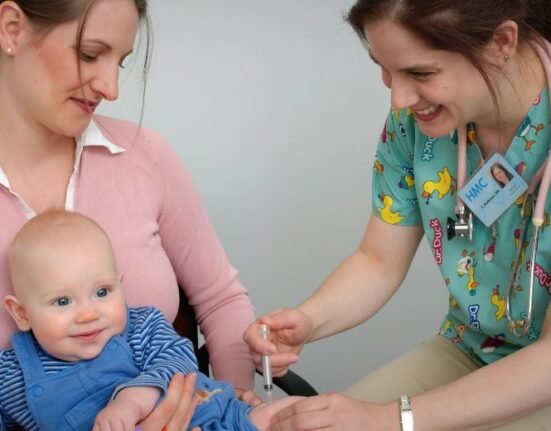HQ Team
October 3, 2024: The WHO has been notified of a human case of Middle East Respiratory coronavirus (MERS-CoV) in the Kingdom of Saudi Arabia.
On September 5, 2024, the Ministry of Health of the Kingdom of Saudi Arabia reported the case to the WHO. The patient was a male from the Eastern Region of Saudi Arabia aged 50-55.
He had underlying health conditions, no history of contact with camels, and was not a healthcare worker. The follow-up of close contacts has been completed, and no secondary cases have been detected.
A nasopharyngeal swab taken on September 1, and tested at the National Public Health Laboratory as part of severe acute respiratory illness sentinel surveillance, returned a positive result for MERS-CoV on September 4.
Travel to Pakistan
After the patient was discharged from the hospital and before receiving the laboratory results confirming MERS-CoV, he travelled to Pakistan on September 2.
Forty-one nasopharyngeal samples, including repeat samples of the case and close contacts, were collected and tested at the Pakistan National Institute for Health/National Reference Laboratory. No secondary cases have been identified.
The overall risk of the virus remains “moderate” at both global and regional levels, according to a statement from the World Health Organization. Since the beginning of 2024, five cases including four deaths have been reported from the Arab nation.
The first reported case of MERS-CoV in Saudi Arabia was in 2012. Human infections have been reported in 27 countries, spanning all six WHO regions. The majority of MERS-CoV cases, 84%, have been reported in KSA, including the newly reported case.
Dromedary camels
Humans acquire MERS-CoV through direct or indirect interaction with dromedary camels, which serve as the virus’s natural host and zoonotic reservoir. MERS-CoV has demonstrated the ability to transmit between humans.
MERS disease can manifest in a spectrum ranging from asymptomatic cases to mild respiratory symptoms, and in more severe instances, it can lead to acute respiratory distress and mortality.
Common symptoms associated with MERS include fever, cough, and difficulty breathing. Pneumonia is a common finding, but not always present.
Additionally, gastrointestinal symptoms such as diarrhoea have been documented. In severe cases, the illness may result in respiratory failure, necessitating mechanical ventilation and support in an intensive care unit.
The virus tends to induce more severe outcomes in older adults, persons with weakened immune systems, and those with underlying health conditions such as renal disease, cancer, chronic lung disease, and diabetes.








